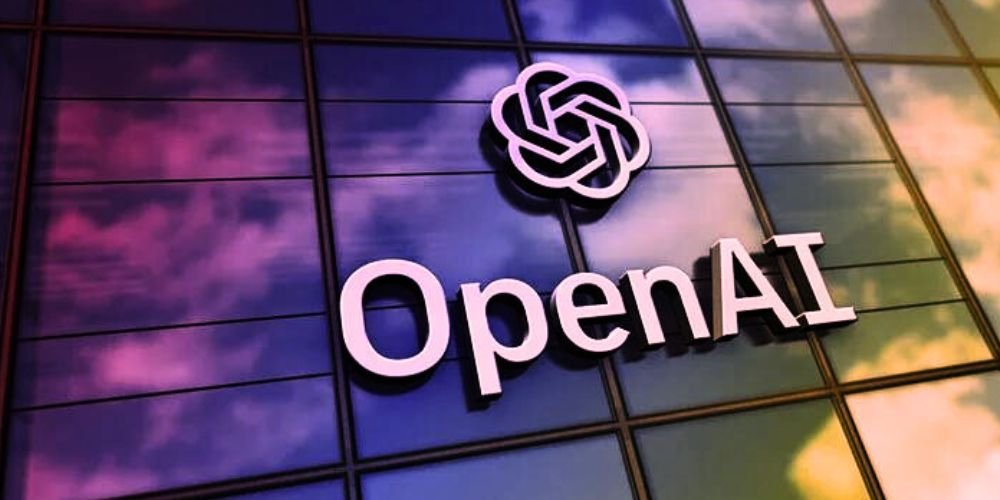Key Points
- Meta has urged California’s attorney general to block OpenAI’s transition to a for-profit entity.
- Meta accuses OpenAI of leveraging nonprofit status to raise funds and seeking private gains.
- Elon Musk filed a related injunction in November, which Meta supports. OpenAI claims Musk previously advocated for its for-profit transition.
- OpenAI board chair Bret Taylor defended the restructuring as mission-aligned.
Meta Platforms has urged California Attorney General Rob Bonta to intervene in OpenAI’s planned shift from nonprofit to for-profit entities. Meta claims this move is unethical and could set a harmful precedent for other startups. In a letter The Wall Street Journal reported and published in full by The Verge, Meta expressed concerns that OpenAI’s conversion could undermine the principles under which it initially gained support.
Meta criticized OpenAI for raising billions of dollars under its nonprofit mission and then seeking to change its status while keeping the advantages that allowed it to grow. According to Meta, this shift could allow OpenAI to repurpose charitable assets for private gains, a move the company called a violation of legal and ethical norms. Meta also urged the attorney general to investigate OpenAI’s past practices as a nonprofit organization.
The controversy follows an injunction filed in late November by Elon Musk, who also called for blocking OpenAI’s conversion. Meta’s letter supported Musk and Shivon Zilis in their lawsuit, which was reinitiated in August, emphasizing their representation of public interests.
OpenAI, for its part, has defended its actions. The company released a timeline citing communications from Elon Musk, claiming that Musk (himself) had advocated for OpenAI to transition into a for-profit model with him leading the organization.
Responding to Meta’s letter, OpenAI board chair Bret Taylor stated that any potential restructuring would ensure the nonprofit’s continued existence and alignment with its original mission. Taylor added that the nonprofit would maintain full value for its current stake in the for-profit entity, further enhancing its ability to pursue its objectives.
The dispute has sparked broader debates about the ethical implications of nonprofit organizations transitioning to for-profit structures, especially when public funding and goodwill have played pivotal roles in their development.



